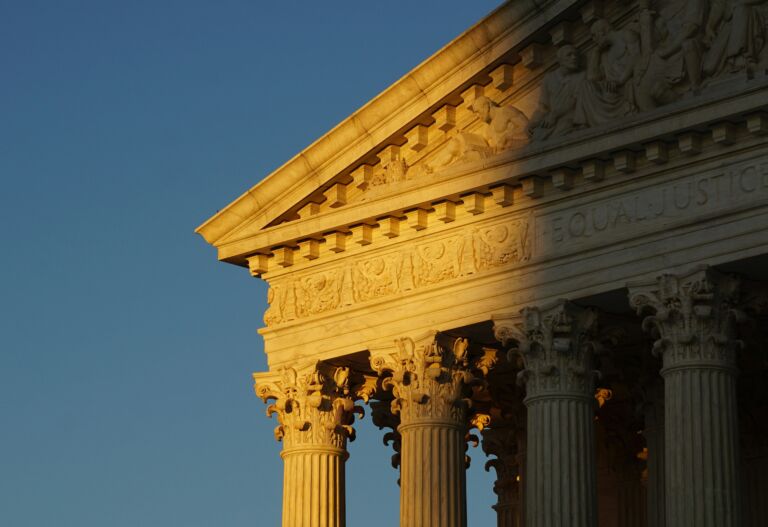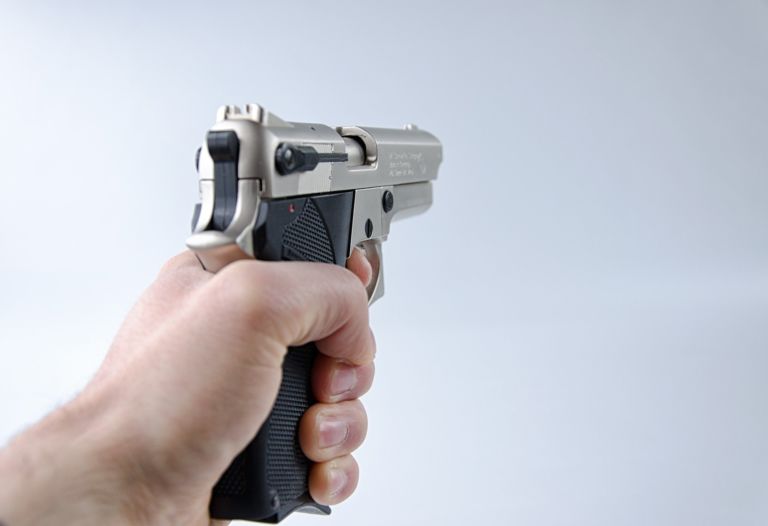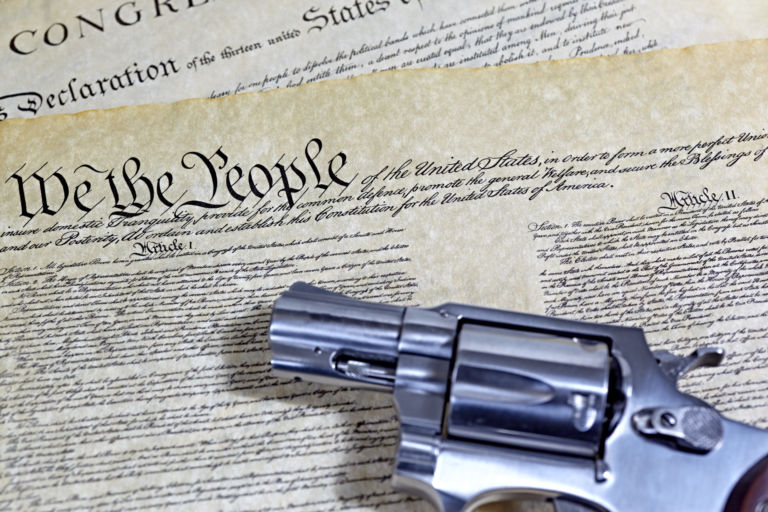In a previous Update, I criticized a decision by the U.S. Court of Appeals for the Second Circuit upholding the absurd restrictions that New York City imposes on licensed gun owners who to transport their weapons from one place to another. The case is New York State Rifle & Pistol Association Inc. v. City of New York. Here’s the Second Circuit’s statement of the case:
Plaintiffs … brought suit … challenging a provision of a New York City licensing scheme under which an individual with a “premises license” for a handgun may remove the handgun from the designated premises only for specified purposes, including going to a shooting range in New York City. Plaintiffs sought to remove licensed handguns from their licensed premises for other purposes, including going to shooting ranges outside New York City and transporting the handgun to a second home in upstate New York.
As I noted, had this been a regulation imposing a similarly unreasonable restriction on any other constitutionally guaranteed right, the court would have struck it down in a heartbeat. Instead, after portentously weighing the burden imposed on the gun owners against the city’s need to protect public safety, the court concluded:
The burdens imposed by the Rule do not substantially affect the exercise of core Second Amendment rights, and the Rule makes a contribution to an important state interest in public safety substantial enough to easily justify the insignificant and indirect costs it imposes on Second Amendment interests.
Last week, the U.S. Supreme Court granted certiorari in the case, which means it will review the Second Circuit’s decision and determine whether New York’s regulatory scheme violates the Second Amendment. Court watchers on both sides of the gun control debate seem to expect the court to decide that it does.
New Yorker columnist Amy Davidson Sorkin is alarmed:
[T]his will be the first time the Court seriously considers the Second Amendment since it adopted a radical view of gun rights in District of Columbia v. Heller, in 2008, which overturned a near-ban on handguns in Washington, D.C., and in McDonald v. the City of Chicago, in 2010, which did away with similar restrictions in that city. …
It will also be the first opportunity for the Court’s newest member, Justice Brett Kavanaugh, to begin building what promises to be a disastrous pro-gun legacy. …
An overriding issue at stake … is whether the Court will decide that the right to “bear” arms is tantamount to a broad right to travel with them. (Justice Clarence Thomas has said, with regard to an earlier case, that he emphatically believes it is.) …
Kavanaugh, for his part, has written that public safety should not be a determining factor—only “text, history, and tradition” really matter. With that view, he exceeds what had, until recently, been the gun lobby’s wildest hopes. …
[G]un-rights advocates have been waiting for Kavanaugh, or someone like him. Their brief was submitted on the day his confirmation hearings began.
Volokh Conspiracy member David Kopel, on the other hand, is optimistic:
For the first time in nearly a decade, the Supreme Court has voted to hear argument in a Second Amendment case. Although the schedule has not been set, oral argument in New York State Rifle & Pistol Association Inc. v. City of New York, New York could take place this Spring. The case presents the Supreme Court with the opportunity to address an eccentric and abusive New York law, and, more broadly, to begin reining in lower court nullification of the Supreme Court’s precedents in District of Columbia v. Heller and McDonald v. City of Chicago. …
In the cert. petition stage, Mayor de Blasio’s attorneys argued that the case was not worthy of Supreme Court attention because the New York City law was unique. The argument was apparently not persuasive; after all, the handgun prohibitions struck down in Heller and McDonald had existed only in D.C., Chicago, and a few Chicago suburbs. More fundamentally, the right time for courts to take action against civil rights violations is before they spread and become broadly ingrained. Getting rid of Jim Crow laws would have caused much less social disruption if the Court had not allowed such laws to fester and grow for decade. …
The time has come to the Supreme Court to put a stop to novel infringements of the Second Amendment, and to strongly tell defiant lower courts to start following Heller and McDonald, and to stop catering to anti-rights bigotry.
I agree with Kopel. The Second Amendment states, “[T]he right of the people to keep and bear Arms, shall not be infringed. ” If, as the Supreme Court held in Heller and McDonald, that statement guarantees an individual right to keep arms, it logically follows that it must guarantee an individual right to bear arms as well. Like many other federal appellate courts, the Second Circuit has been willfully ignoring that logical conclusion. A good decision in New York State Rifle & Pistol Association, perhaps written by Justice Kavanaugh or Justice Thomas, would put the lower courts on notice that such defiance must end.


